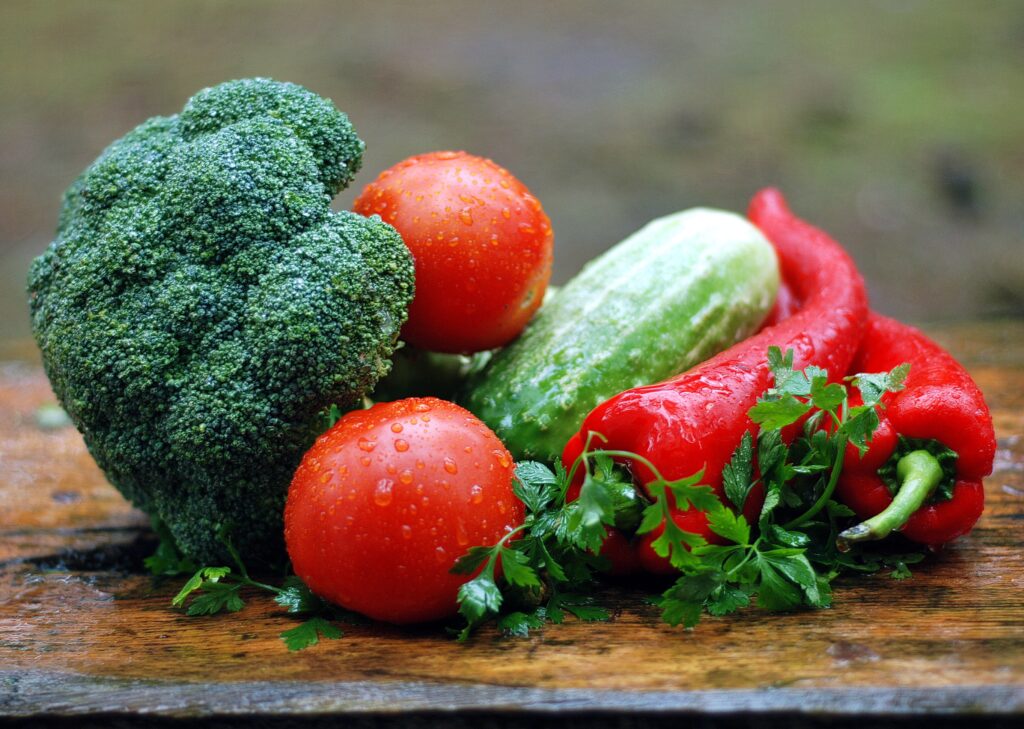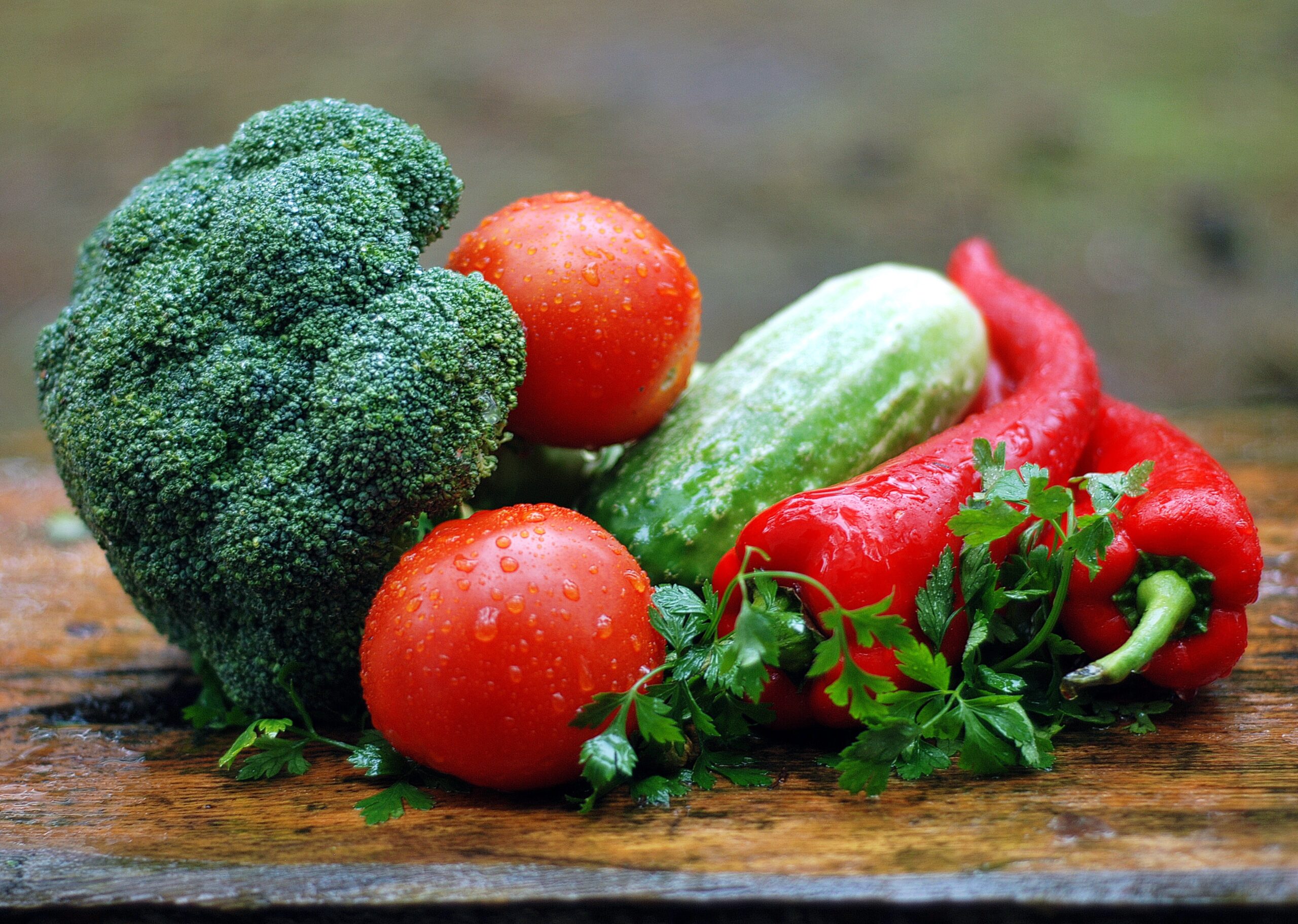The eyes are one of the most delicate and important organs in the human body. They are responsible for processing the visual information that we receive and transmitting it to the brain, allowing us to see and understand the world around us. While genetics and environmental factors play a significant role in eye health, nutrition also plays a crucial role in maintaining good eye health and preventing various eye disorders.

Vitamin A and Carotenoids
Vitamin A is a vital nutrient for the health of the eyes. It is involved in the formation and maintenance of the retina, which is the part of the eye responsible for detecting light and color. Vitamin A is also important for maintaining the surface of the eye, preventing dryness and reducing the risk of infection.
Carotenoids, including beta-carotene, lutein, and zeaxanthin, are pigments found in certain fruits and vegetables. They are important for eye health because they help to protect the eyes from oxidative stress and damage from ultraviolet (UV) light. Lutein and zeaxanthin are also important for the health of the macula, the part of the retina responsible for central vision.
Good food sources of Vitamin A and Carotenoids include carrots, sweet potatoes, kale, spinach, bell peppers, and apricots.
Vitamin C
Vitamin C is an antioxidant that helps to protect the eyes from oxidative stress and damage from free radicals. It also plays a role in the production of collagen, a protein that is important for maintaining the integrity of the cornea and other parts of the eye.
Good food sources of Vitamin C include citrus fruits, strawberries, kiwi, bell peppers, and broccoli.
Vitamin E
Vitamin E is another antioxidant that helps to protect the eyes from oxidative stress and damage from free radicals. It is also important for maintaining the health of the retina and preventing cataracts.
Good food sources of Vitamin E include almonds, sunflower seeds, hazelnuts, and sweet potatoes.
Omega-3 Fatty Acids
Omega-3 fatty acids are essential fats that are important for eye health. They help to reduce inflammation and oxidative stress in the eyes, and are also involved in the formation of the retina and the maintenance of the cell membranes in the eyes.
Good food sources of Omega-3 fatty acids include salmon, mackerel, sardines, and flaxseeds.
Zinc
Zinc is a mineral that is important for the health of the eyes. It is involved in the production of melanin, a pigment that helps to protect the eyes from UV light, and is also involved in the functioning of the retina and the production of the pigment responsible for night vision.
Good food sources of Zinc include oysters, beef, chicken, lentils, and chickpeas.
Conclusion
Nutrition plays a crucial role in maintaining good eye health and preventing various eye disorders. By consuming a diet that is rich in vitamins, minerals, and antioxidants, you can help to protect your eyes and maintain good vision. Some of the most important nutrients for eye health include Vitamin A and carotenoids, Vitamin C, Vitamin E, Omega-3 fatty acids, and Zinc. So, be sure to include plenty of these nutrient-rich foods in your diet, and take care of your eyes!
Lecturer (Nethradhama School of Optometry)
Moptom

